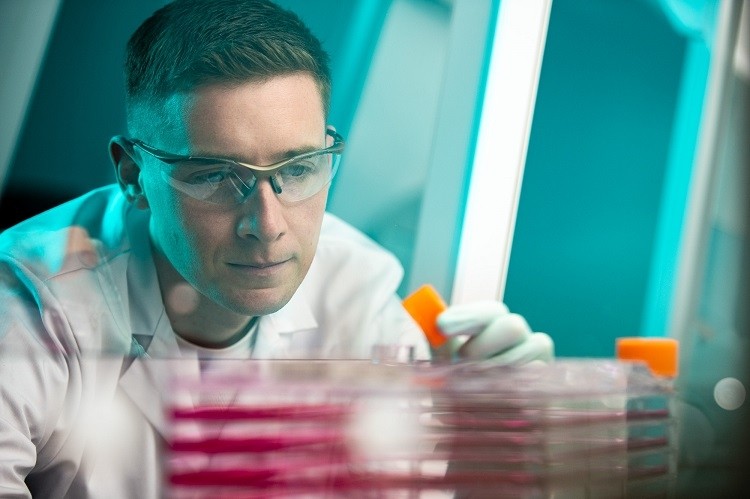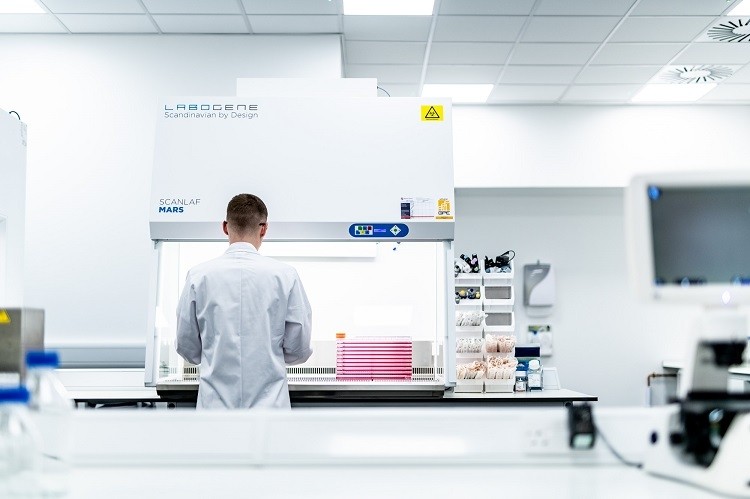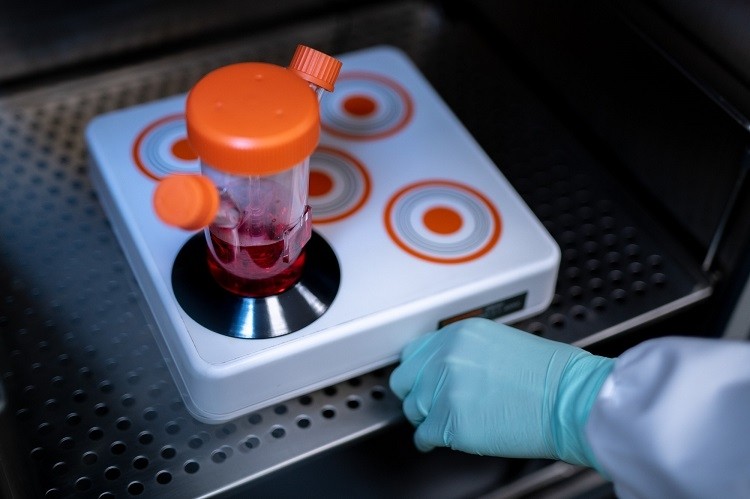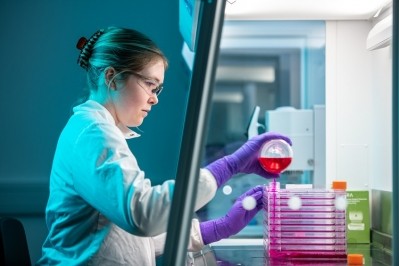Meet the CDMO centralising capabilities to market cell-based meat ‘years faster’ and ‘millions cheaper’

The cell-based meat and seafood sector has well and truly exploded. According to the Good Food Institute (GFI), by the end of 2021 the number of start-ups working in cultivated meat and seafood totalled 107, representing a 24% increase from 2020.
If you include cell cultivated dairy companies and service providers, this figure quickly jumps to more than 150 start-ups.
All these companies, according to biomanufacturing expert Will Milligan, are facing the same hurdles. “There are 150 different cultivated meat or seafood companies trying to develop sustainable, ethical ways of feeding the planet. But they all face the same technical challenges: developing efficient processes, reducing the cost of goods, and scaling up.”
Not only are they tackling the same problems, but according to Milligan, they’re doing so in ‘their own little silos’. “In an inefficient way of [problem-solving] and getting to market,” he told FoodNavigator. “Given that there’s so much investment going into the space, there is scope and need to decentralise that knowledge.”
Indeed, last year alone an estimated $1.38bn was raised by cultivated meat companies – representing 71% of the all-time investment total.
Milligan’s solution is Extracellular: a contract development and manufacturing organisation (CDMO) that provides centralised scale-up and development capabilities to support the cell cultivated meat and seafood sector.
‘Get to market years faster, and millions of pounds cheaper’
Outsourcing is a cost-efficient and time-saving exercise, according to Milligan. Currently, however, a vast majority of R&D and scale-up efforts take place in-house.
While cell-based meat and seafood companies have the option of hiring the expertise required to overcome these challenges, it’s not easily done, suggested the Extracellular founder and CEO.
“The equipment is expensive…and they end up fighting over the same talent. If [one company] is looking for bioprocessing expertise, then it dilutes that expertise for the industry. You might [end up with] just one great bioprocess engineer across 10 companies.”
By centralising these capabilities – notably in biology, digitisation, and biomanufacturing – Extracellular aims to avoid this kind of situation.
“We will provide scaling and development capabilities that typically would be inaccessible to most cultivated meat companies. That plan is to support their development journey, so that they can get to market years faster and millions of pounds cheaper than if they did it themselves.”
Scaling up capacity
The CDMO will kickstart with 200L bioreactors capable of producing kilograms of cultivated meat products. For some cell-based meat players, that capability would only be accessible ‘two to three years down the line’. “The plan is to get them access to that within months, not years.”
It’s not all about scale, however. In order to run these bioreactors, the right processes, media formulations, and cells are also required. “Alongside these scale-up capabilities, we have the development capabilities to accelerate these products towards the market,” we were told.

Bioreactors with 200L capacity is sizeable at the research stage, but not big enough for commercial manufacturing, which is why Extracellular plans to increase its scale ‘quickly’. “We plan to put 1,000L bioreactors in place [within the next] 12 to 18 months.”
The CDMO also has plans to build a ‘dedicated’ facility capable of producing ‘hundreds of kilos’ of cultivated meat at a time in the next three to five years. “That will support dozens of cultivated meat companies in getting great consumer products to market,” Milligan told this publication.
Extracellular’s commercialisation strategy
As a CDMO, Extracellular plans to operate a fee-for-service model. The start-up acknowledges that intellectual property in contract work is an ‘interesting challenge’, but stressed that the company can operate on a need-to-know basis.
“For instance, if we’re developing a cultivated meat media formulation for a client, and there are specific factors that they want to optimise, we can take them blinded – or marked up as component ‘A, B, or C’.
“We can then screen thousands of media formulations and tell them which concentration and combination of components resulted in better growth or differentiation, and return that information back to them unblinded.”
The same goes for cell development, the founder suggested: “We can optimise parameters without really knowing the unique capabilities of those cells.”
As to which part of the world the start-up expects its first clients to be headquartered, there is no hard and fast rule: “The development side of things is agnostic to location.”
According to GFI, 25 countries around the world have at least one cultivated meat company.
But for scale-up and commercialisation, location will be market driven. This means that Extracellular will require sites in markets with regulatory approval, such as Singapore. The start-up is also looking to Israel, the US, and mainland Europe. “I’m working in the UK to make sure there is a supportive regulatory environment here…to bring cultivated meat products to market.”
‘Deep expertise is required’
Within the umbrella of cellular agriculture, cultivated meat and seafood is not the only area experiencing accelerated growth. Precision fermentation-derived dairy, for example, is also attracting attention from entrepreneurs and investors.
As to whether Extracellular would consider expanding into this field, Milligan suggested his interest lies in tackling the ‘most challenging’ issues of the day: “Our focus is on cultivated meat because it’s the challenging problem. It’s the hard thing to do right now, [whereas] fermentation has been around for thousands of years.”
It takes ‘specific expertise’ to develop cultivated meat and seafood, and Milligan has been working in stem cell biomanufacturing for therapeutic applications for the last decade.
“Deep expertise is needed, and it’s diluted across the industry. What I’m going to do is concentrate it at Extracellular.”

Founded just six months ago, Extracellular is a young start-up. However, the company has already been accepted into Big Idea Ventures’ accelerator cohort in New York.
“I’m raising my pre-seed funding, which should close in the next two to four weeks,” he revealed. From there, Extracellular plans to ‘quickly roll into the seed rounds’. “The plan is to take investment to accelerate the growth of the business.”































